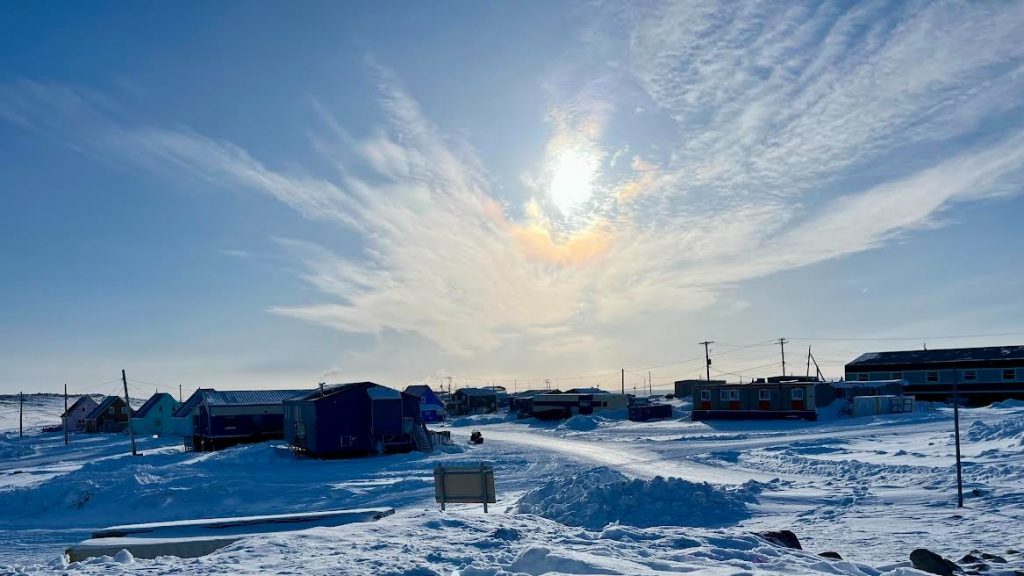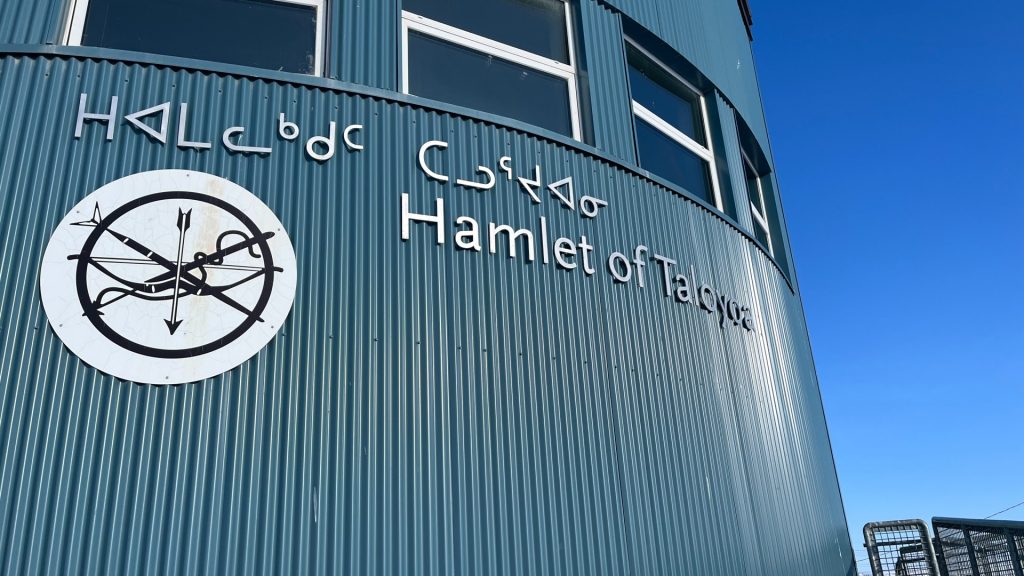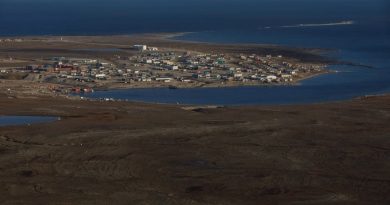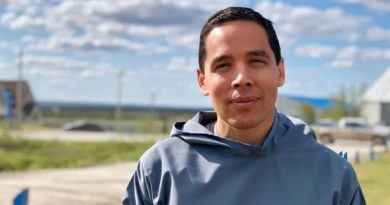Soup kitchen preparations gain momentum in Taloyoak, Nunavut

The mayor of Taloyoak, a Nunavut community, reports that the long-awaited soup kitchen project is finally gaining traction following a series of pandemic-induced setbacks.
“We have food insecurity in our community, and the highest food costs in the Kitikmeot Region, so a soup kitchen would help in so many ways,” Lenny Panigayak said.
“Due to the pandemic, [the project] is behind schedule, but we’re hoping to get it up and going this year.”
Taloyoak is an Inuit community of 934 people in the Kitikmeot Region of the territory.
Distance, location creates price pressures
Panigayak said the community’s geographical location and demographics pose distinctive challenges, particularly in managing transportation and food expenses, something that exacerbates food insecurity among low-income individuals who can’t afford the expensive equipment needed to hunt and don’t have a harvester in their family.
(The 2021 Canadian census put Kitikmeot’s population at 6,458, compared to 11,045 in the Kivalliq Region and 19,355 in Qikiqtaaluk Region.)
“We’re the northernmost community on the Canadian mainland, our Kitikmeot Region is the smallest of Nunavut, and [Taloyoak] is the smallest community in [Kitikmeot]. On top of that, jobs here are hard to come by and we have a high unemployment rate, so that all adds up.”

Supplies for the soup kitchen were finally shipped up in 2023, with the hamlet council favorable towards approving additional funding required to complete the project, Panigayak said.
Panigayak says everyone is aware of the great need and has rallied behind the project’s completion.
“The Hamlet Council is definitely in favour of the project,” he said. “There’s a big need in the our community so it’s good to see everyone on the same page.”
Renovations continuing on location
The opening of the soup kitchen, originally scheduled for this month, has been delayed, but Panigayak said their goal now is to have it up and running later on this year.
Staffing requirements are still being determined.
The soup kitchen will be located in the old hamlet chambers of the community, which are currently undergoing renovation for the project.
Panigayak says they anticipate serving around 20 people at a time, but will offer additional services if the demand warrants it.
Comments, tips or story ideas? Contact Eilís at eilis.quinn(at)cbc.ca
Related stories from around the North:
Canada: Nunavut organization calls for more country food and more money to support school food program, CBC News



